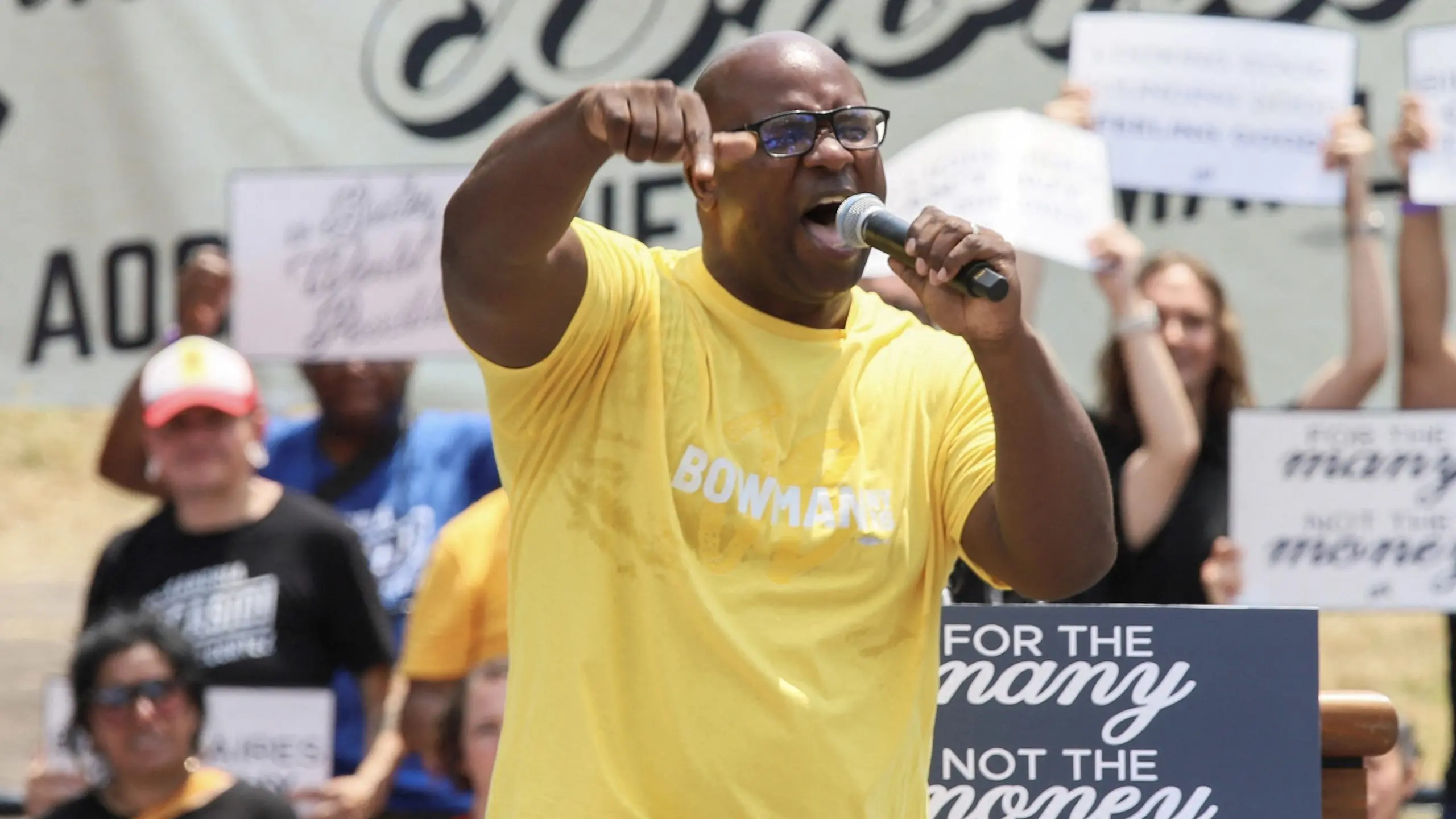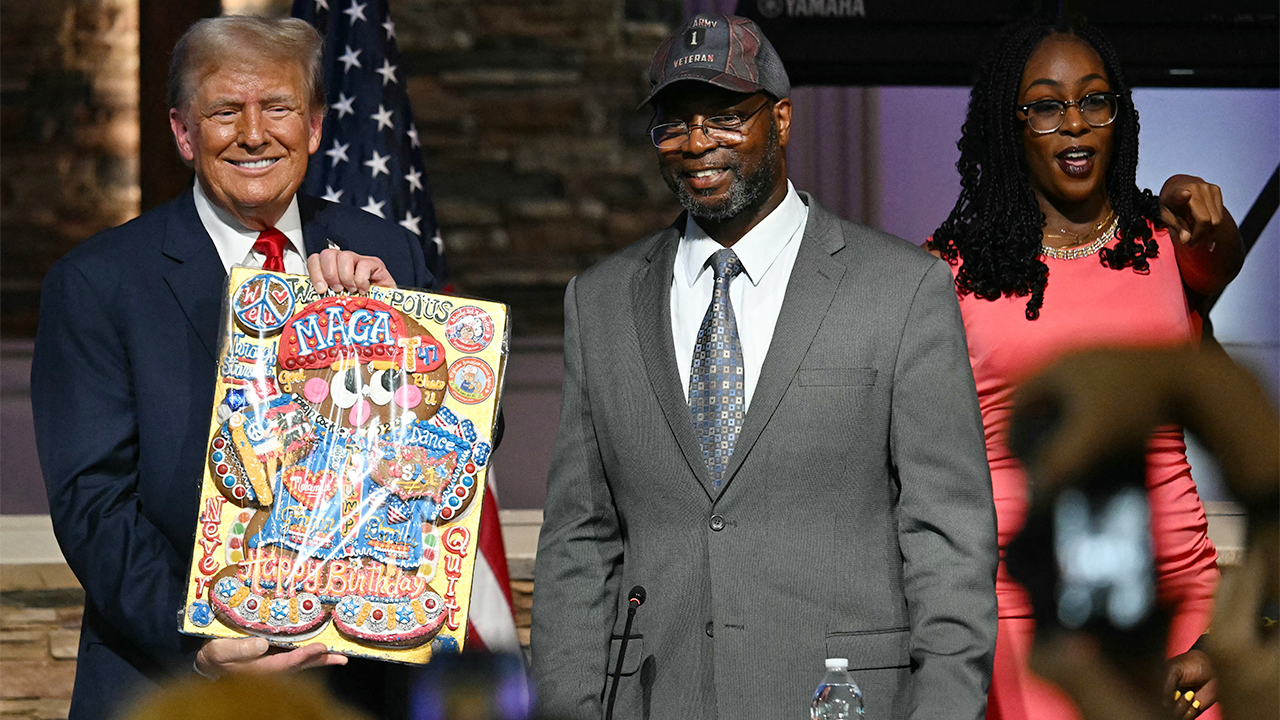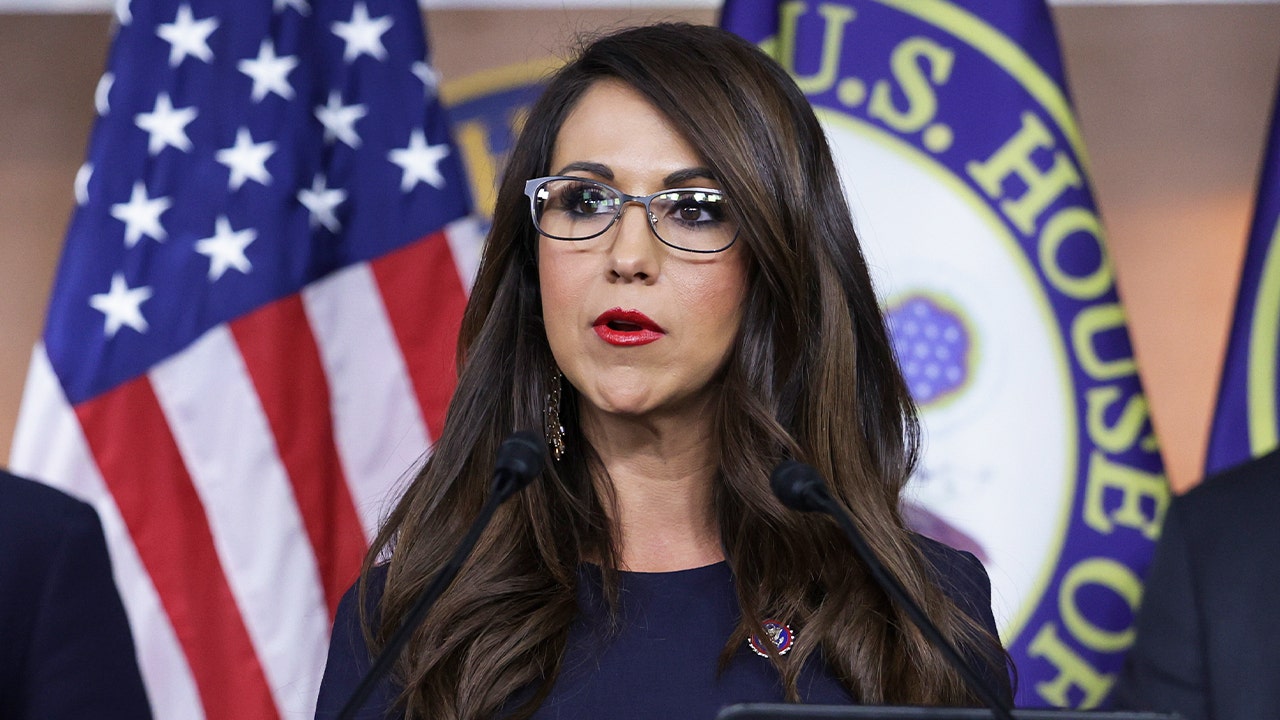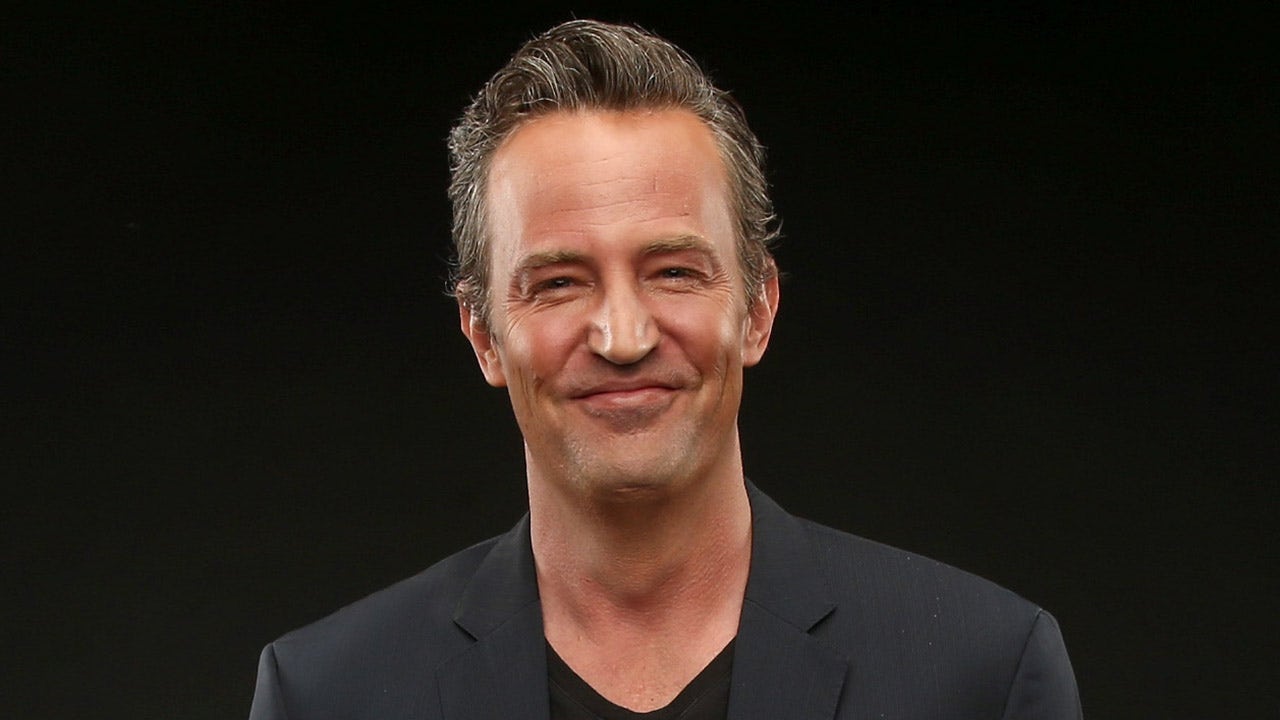

Trump Resurrects Biden's 'Devastating' 1994 Crime Bill as He Courts Black Detroit Voters: 'Super Predators'
Former President Donald Trump has brought up the 1994 crime bill, which was co-sponsored by then-Senator Joe Biden, during his recent visit to Detroit, Michigan, as he aims to attract Black voters in the upcoming election. The bill, which was passed during a period of high crime rates, implemented tougher sentencing guidelines and increased funding for law enforcement. It has since been criticized for contributing to mass incarceration, particularly among Black and Hispanic communities. Trump argued that the bill was necessary to combat crime, and he claimed that the Democratic Party, including Biden, is responsible for the current crime wave in the United States. He also referred to a controversial term used in the 1990s, "super predators," which was used to describe young, violent offenders. Critics argue that Trump's use of the bill and the term "super predators" is an attempt to exploit racial tensions and fear to gain political support. They also argue that he is ignoring the systemic problems that contribute to crime, such as poverty, inequality, and lack of opportunity. Democrats have defended the bill, arguing that it was necessary to address the crime crisis at the time, but they have acknowledged that it had unintended consequences. Trump's attempt to use the 1994 crime bill to attract Black voters in Detroit is a controversial strategy that highlights the complex and racially charged nature of the issue of crime and punishment in America. It remains to be seen whether his approach will be successful in swaying Black voters in the upcoming election. The article emphasizes the historical context of the crime bill, its impact on communities, and the ongoing debate surrounding it. It also explores the political motivations behind Trump's use of the issue in his campaign.
Summary
"This article examines the controversial use of the 1994 crime bill by former President Trump as he seeks to win over Black voters in Detroit. The article highlights the bill's historical context, its impact on communities, and the ongoing debate surrounding its effectiveness and unintended consequences. It also analyzes the political motivations behind Trump's strategy, suggesting that he is exploiting racial tensions and fear to gain political support. The article concludes by acknowledging the complex and racially charged nature of crime and punishment in America and its impact on electoral politics."
Updated at: 06.18.2024
Categories




